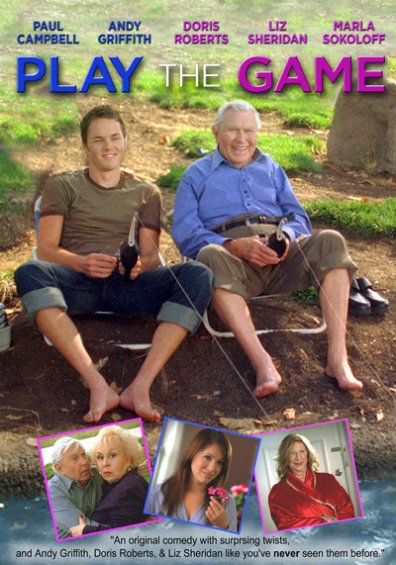Summer 2009
Posted on August 29, 2009 at 8:00 am
The end of August is the worst time of year for movies. This makes no sense to me. I would think that people would want to see some good movies before the end of vacation. But it has been true for as long as I can remember and this year is no exception. Because Labor Day comes so late this year, we have two weeks filled with movies not screened for critics like “Halloween II,” “Final Destination 3D,” “Gamer,” and “Carriers.”
This provides a moment to look back on the summer’s hits and misses. Time Magazine has a good piece called 10 Lessons from the 2009 Box Office. Keeping in mind the perennially re-learned lesson from Oscar-winner William Goldman — “Nobody knows anything,” Time’s Richard Corliss has some important insights. Stars don’t guarantee success (“Land of the Lost” and “Funny People” did poorly; “The Hangover,” “Star Trek,” and “District 9” did well). Women go to movies — this is a lesson Hollywood always forgets, until the next “Julie and Julia” comes along. Big budget films did well.
Five other films in the summer’s top 10 domestic winners — “Up,” “Star Trek,” “X-Men Origins: Wolverine,” “Night at the Museum: Battle of the Smithsonian” and “Angels & Demons” — had budgets of at least $150 million. Their sponsors must have been pleased, since each of the five earned more than $350 million worldwide.
You could make just as strong a case for the other side by comparing “District 9” ($30 million budget, $80 million box office) to “G.I. Joe” ($175 million budget, $124 million box office). But it is true that big budget movies did better than smaller independent films. This summer had no “Little Miss Sunshine,” “Blair Witch Project,” “March of the Penguins,” or “Juno.”
For me, the most interesting point Corliss makes is the way technology has changed the way people make decisions about what movies to see.
Instant-messaging can make or break a film within 24 hours. At any rate, something viral happened to Brüno, Sacha Baron Cohen’s followup to Borat. Its opening-day gross was a burly $14.4 million, which that Saturday plunged an abysmal 40%. Somebody got out the word — stinker — and did it quick, possibly in 140 characters. The movie’s opening-weekend total was $30 million, and it’s taken six weeks to earn its second $30 million.
So, keeping a movie from critics may not make much of a difference. They can run, but they can’t hide from the audience members who become critics via Twitter and Facebook.
But the most surprising fact in the article was which movie was the top world-wide box office champ of the summer, in fact of the year so far. I’ll bet you can’t guess. Think for a moment before continuing, and, if you have the nerve, give me your guess in the comment box before clicking ahead to see the answer.



